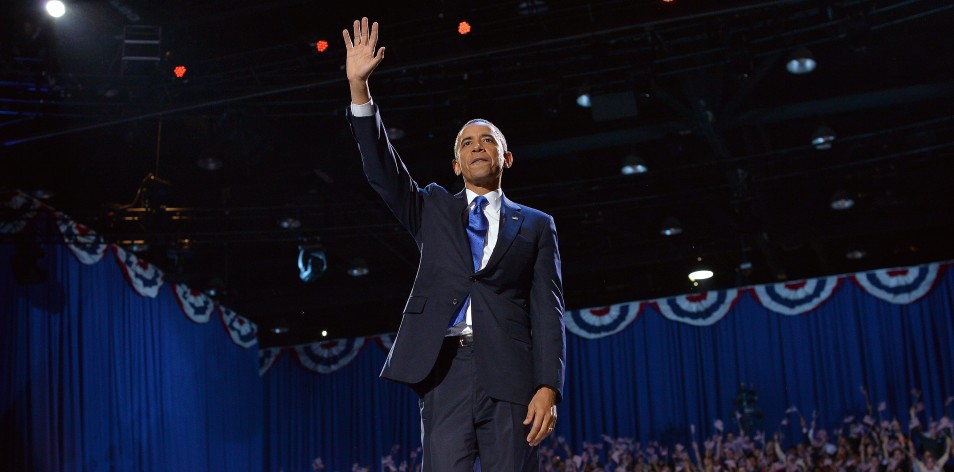
I’m not endeavouring to get into the post-Obama-speech hoopla (pardon the pun!). I will say that I don’t quite understand the rationale for parents not allowing their kids to watch or listen to The President’s message to America’s students. (Save the politicized comments please. I’m a de facto neutral entity by nationality as a Canadian. It’s just my observation.)
One thing that caught my eye online though, that I think that more coaches, educators, parents and influencers need to make a point of discussion is, online etiquette.
From mashable.com — “…Prior to his live Internet broadcast to students across the country earlier today, President Obama answered questions at a Virginia high school. Asked by one student how he could become President someday, Obama issued a warning about Facebook. “I want everybody here to be careful about what you post on Facebook, because in the YouTube age whatever you do, it will be pulled up again later somewhere in your life. That’s number one,” he said.
Poignant advice for aspiring politicians in the 21st century? Absolutely. It’s actually hard to imagine how someone who grows up with social media will be able to run for President one day without exercising extreme caution. That’s not to mention how wildly one’s views may change from the time they’re 15 to the when they’re 45, giving cables news channels decade’s worth of fodder to opine about.
Meanwhile, even for many of those with slightly lower ambitions, social media is proving to be an obstacle. Recent research showed that nearly half of companies now screen social media profiles in the hiring process, with content including provocative photos, alcohol, or bad-mouthing of former employers being frequently cited as a reason for not considering candidates.”
When I was working in the NBA, there was a lot of discussion about etiquette – both on and off the court. You’re now seeing these challenges infiltrate into the business world with the tightening of standards by ESPN on tweeting by its employees. The NBA is reviewing policy too.
Bigger than that, and just as insidious, is how the larger population of young people are using the various online forums. What legacy are they creating? Is it a positive reflection of them now and how others may interpret it later?
Your Bread Crumb Trail
Like Hansel & Gretel, the pictures and posts you puts online are bread crumbs that create a traceable digital trail. The question is, is what you’re leaving behind closing doors to future opportunities? And, who’s actively making a conversation of this issue with young people an educating them?
There’s never been a time in human history, I’d argue, where our youth’s understanding of technology exceeds their parents (and educators).
In business, it’s said: ‘Long-term success relies on staying relevant to the consumer.’ The focus is on understanding and using technology to drive efficiency.
We, as teacher-coaches, have a responsibility to stay relevant to our consumers: athletes. And, as we endeavour to do so, must teach them what’s appropriate or inappropriate when using technology and social media.
Add it to your job description!
/sef.
My Favourite Obama Quotes From His Speech:
- “You can’t let your failures define you. You have to let your failures teach you. Let them teach you what to do differently the next time.”
- “Don’t be afraid to ask for help. Asking for help isn’t a sign of weakness, it’s a sign of strength. Because it shows you have strength to admit when you don’t know something and that then allows you to learn something new.”
- “At the end of the day, the circumstances of your life – what you look like, where you come from, how much money you have, what you’ve got going on at home – none of that is an excuse… There is no excuse for not trying. Where you are right now doesn’t have to determine where you’ll end up. No one’s written your destiny for you… You write your own destiny. You make your own future.”